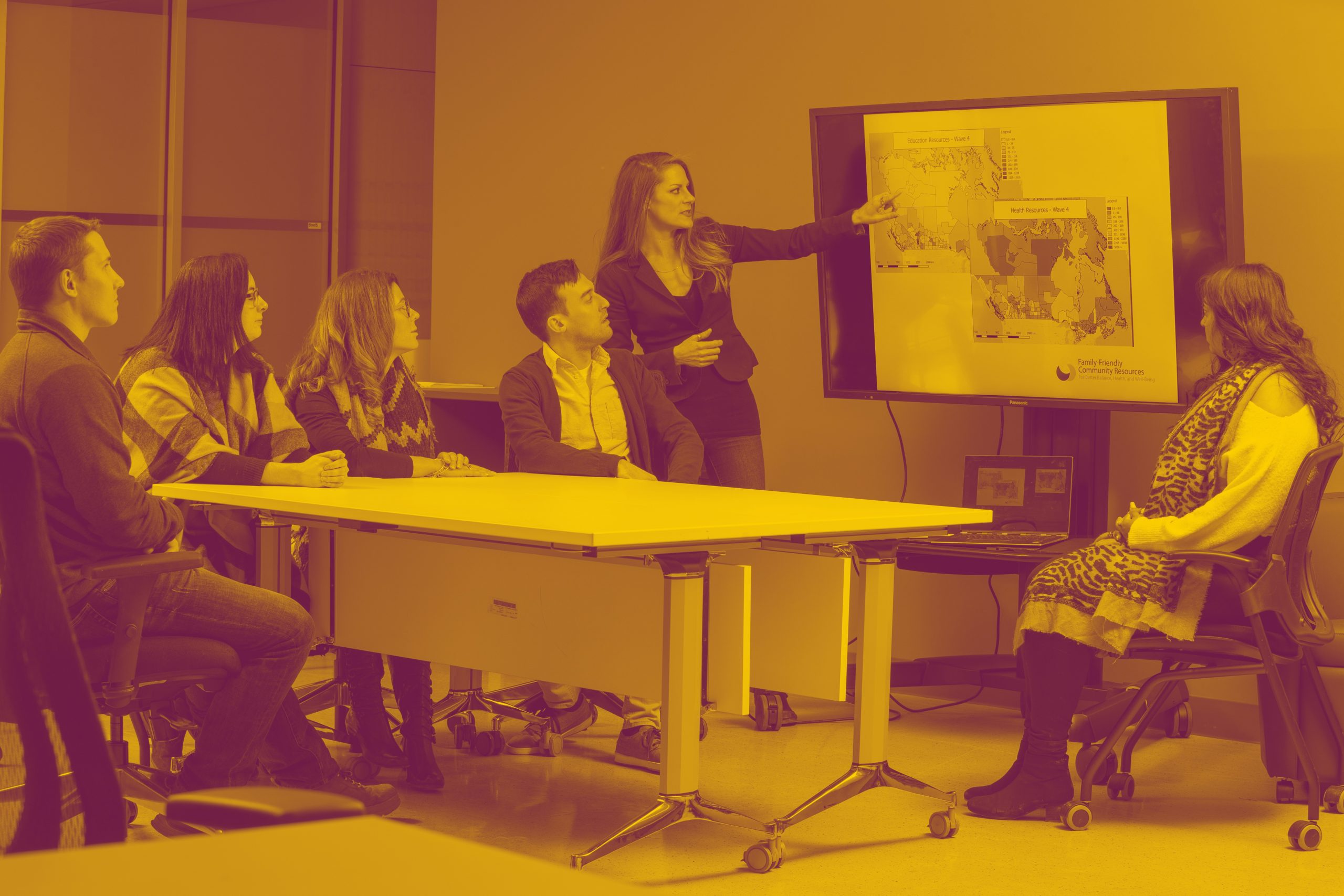Why an Experiential Learning Common Language is Needed
Language used to conceptualize and describe experiential learning (EL) can vary across and within institutions, differing based on the contexts and perspectives of those who create and participate in EL experiences. While this diversity of language reflects the complexity of the field, a common set of definitions and terminology for EL (a common language) within McMaster creates the foundation for enhanced communication and clarity among students, staff, educators and partners about the types of experiences offered at McMaster.
While all EL experiences at McMaster align with our definition below, McMaster categorizes specific types of EL into one of the following three areas: (1) instructional experiential learning, (2) placement-based work-integrated learning, and (3) employment-based work-integrated learning. These types, from co-ops and internships to course-based research projects, are further defined under these categories. Learn more about the three categories and associated EL typologies below.
McMaster’s Definition of Experiential Learning
Experiential Learning: Experiential learning provides students with a structured learning opportunity to apply academic knowledge in a hands-on environment with a focus on developing skills and knowledge, fostering reflection and the development of self, and preparing students to make a difference in the world.
- Structured Learning Opportunity: An opportunity that works toward supporting students’ achievement of a set of intended learning outcomes.
- Academic Knowledge: Knowledge that students bring to the experience from the opportunity itself or from their past academic coursework.
- Reflection: An intentional process that students are guided through in which they make connections between the learning experience, their academic knowledge, and their sense of self.
Categories of Experiential Learning Offered at McMaster

Instructional Experiential Learning (IEL) Explore Types of Instructional EL
Students complete these experiences within courses or under guidance of an instructor and/or teaching assistant. The experiences may or may not involve meeting with external stakeholders, though if they do, the stakeholders engage with students within the space and time of course hours. Some of these opportunities may involve leaving campus to build upon course learning.

Placement-Based Work-Integrated Learning (WIL) Explore Types of Placement-Based WIL
In placement-based WIL, students operate under supervision of an external organization, but are not formal employees. Typically, this experience is supported by a combination of staff and faculty who provide wrap-around support. While experiences are not paid, in some cases, students may receive some funding, such as through an award.

Employment-Based Work-Integrated Learning (WIL) Explore Types of Employment-Based WIL
In employment-based WIL, students become employees of an organization, supervised by an employee within that organization. Students are typically supported by McMaster University staff (e.g. career and co-op offices) with little to no involvement of faculty instructors.

